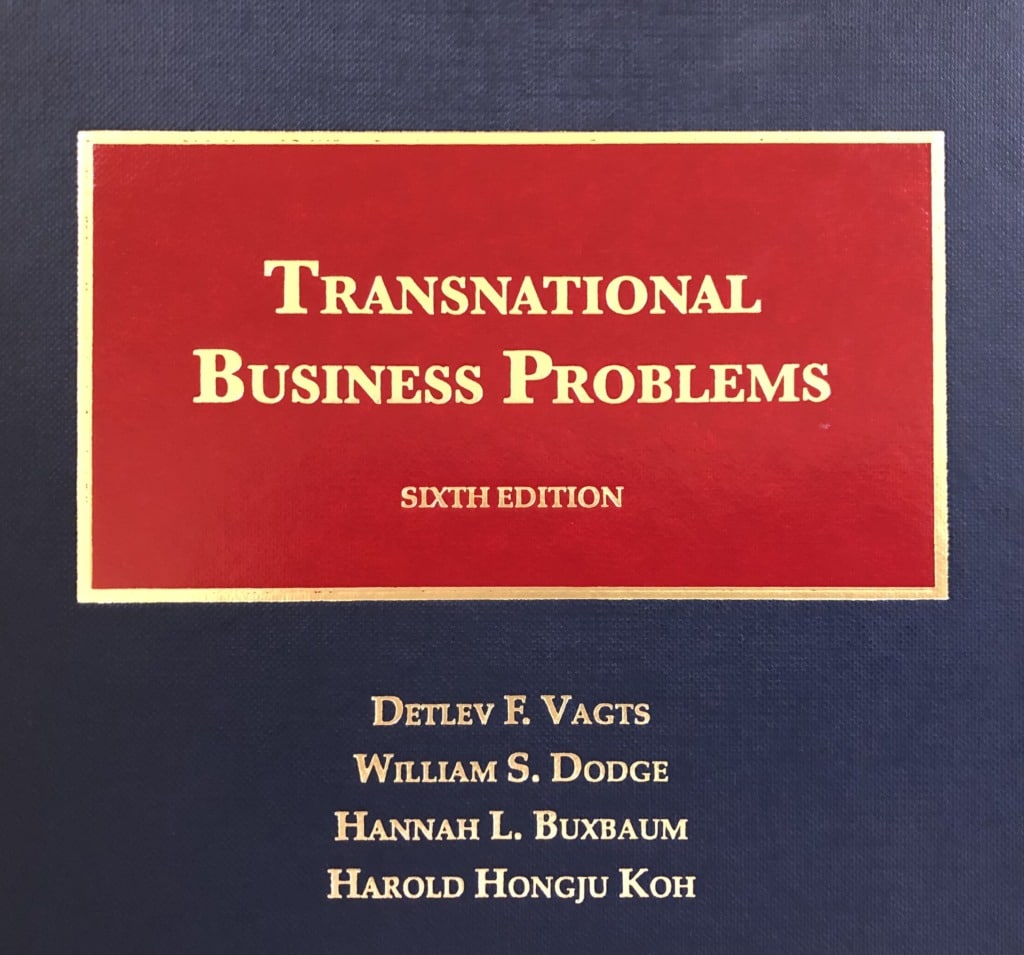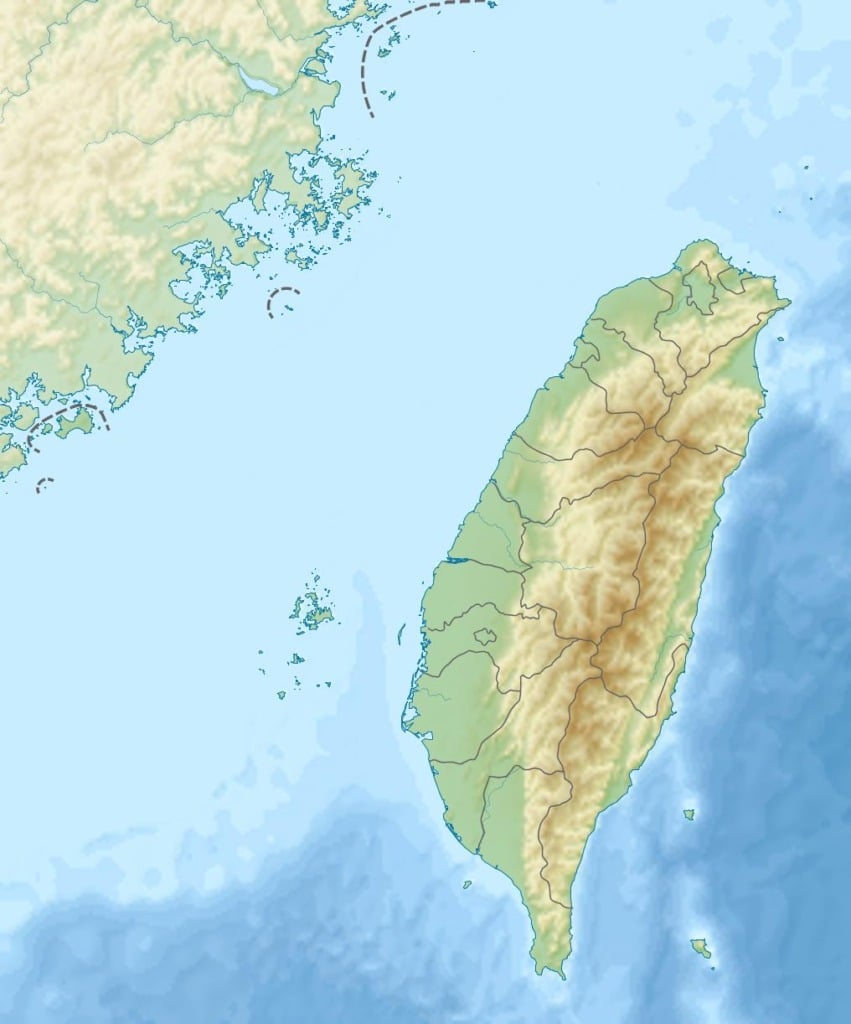Parol Evidence and the CISG
In MCC-Marble Ceramic Center, Inc., v. Ceramica Nuova d’Agostino, S.p.A. (1998), the Eleventh Circuit held that the American parol evidence rule does not apply in cases governed by the U.N. Convention on Contracts for the International Sale of Goods (CISG). Article 8(3) of the Convention instructs courts, in determining the intent of the parties to…
Continue ReadingEighth Circuit Rejects Recovery of Attorney Fees under the CISG
Few questions on the interpretation of the CISG have been as contested on the international level as the potential recovery of attorney fees as damages for breach of contract. Courts in the United States have historically held that attorney fees are not recoverable under Article 74. That consensus was challenged last year when a federal…
Continue ReadingUsing TLB to Teach International Business Transactions
As the fall semester gets underway, we are updating our posts on using resources on TLB to teach various classes. This post discusses International Business Transactions (IBT). Although TLB focuses on litigation and IBT focuses on transactions, there is a great deal of overlap. The most obvious examples are contractual clauses that plan for dispute resolution,…
Continue ReadingChoice of Law and the CISG
Last week, I wrote about a New York case in which the court and the litigants failed to recognize the applicability of the United Nations Convention on Contracts for the International Sale of Goods (CISG). In today’s post, I discuss a case decided by a federal court in Rhode Island, Chilean Sea Bass Inc. v….
Continue ReadingOverlooking the CISG
The United Nations Convention on Contracts for the International Sale of Goods (CISG) entered into force in 1988. Its stated goal is to harmonize the law of sales across many different countries, thereby making it unnecessary for courts in these countries to perform a choice-of-law analysis when the dispute involves an international sales contract. The…
Continue ReadingDoes the CISG Apply to Parties Based in Taiwan?
The complexity of Taiwan’s status under public international law may help to explain why there has been close to no discussion of its status under the Convention on Contracts for the International Sale of Goods (CISG). This absence of discussion is surprising given Taiwan’s importance in international trade: Taiwan is among the ten leading trade…
Continue ReadingNew Empirical Study on CISG Litigation
There are a number of empirical studies about the United Nations Convention on Contracts for the International Sale of Goods (CISG). A recent intervention by Carolina Arlota and Brian McCall, When Federal Law Goes Unnoticed: Assessing the CISG’s Applicability Across U.S. Courts Based on an Empirical Research of Decisions from 1988 to 2020, in the…
Continue ReadingOptionality in Choice of Law
Choice-of-law clauses are sometimes described as tools for reducing legal uncertainty. This characterization, while correct, is incomplete. In cases where the suit is brought in a jurisdiction other than the one named in the choice-of-law clause, it is sometimes more accurate to think of the clause as an option. Either litigant may, if it so…
Continue ReadingThe CISG and Choice-of-Law Clauses
Although the United Nations Convention on Contracts for the International Sale of Goods (CISG) has been in force for over 35 years, there is still scholarly disagreement as to how this treaty interacts with choice-of-law clauses (see, e.g., the discussion on this blog: Coyle, Brand and Flechtner, Hayward and Lal). In principle, there seems to…
Continue ReadingDrawing Inferences from CISG Opt-Outs
The United Nations Convention on Contracts for the International Sale of Goods (CISG) and the Uniform Commercial Code (UCC) both supply rules to govern contracts for the sale of goods. The UCC applies to purely domestic transactions. The CISG applies to many international transactions. When a contract involves the mixed sale of goods and services,…
Continue Reading



